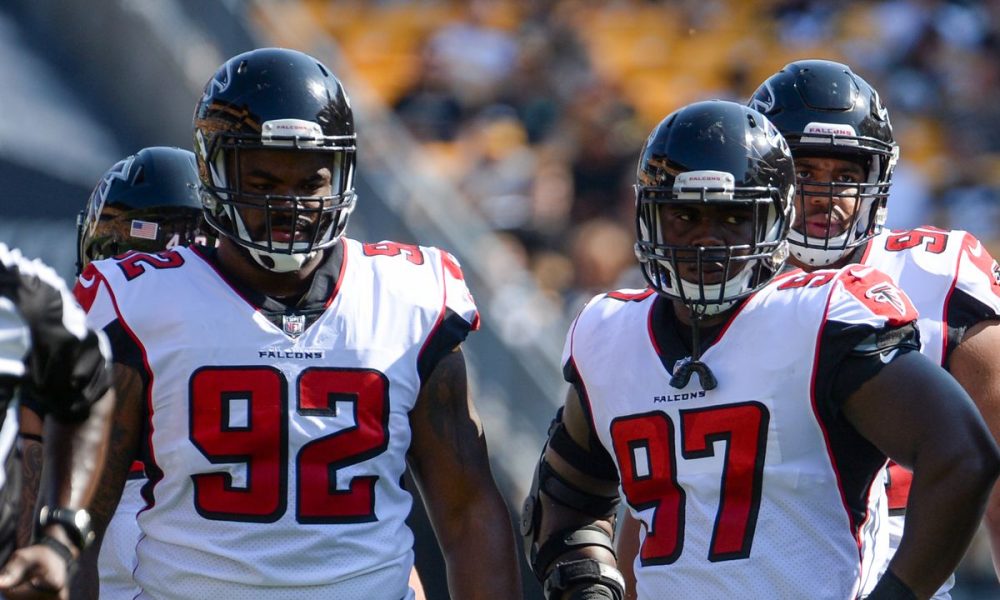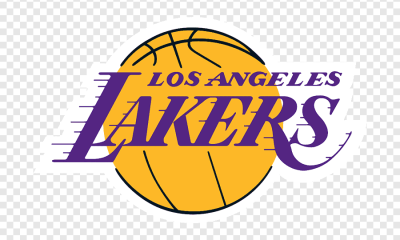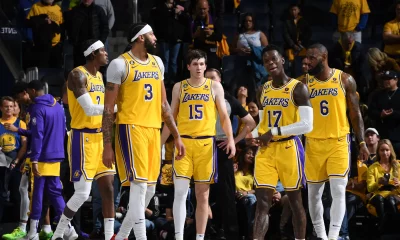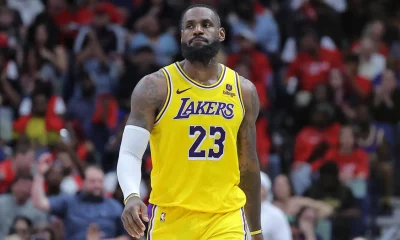Sport
Atlanta Falcons defense is weak-fans upset.
The Atlanta Falcons have focused their offseason moves on bolstering their offense, particularly around quarterback Kirk Cousins, leaving the defense with limited upgrades.

While the Falcons made meaningful additions in the draft, their depth chart remains vulnerable, especially at cornerback and edge positions. This lack of defensive depth means the team has a slim margin for error, as any injuries could severely impact their performance.
Despite these concerns, there are reasons for optimism. The Falcons’ offense has significantly improved, which could help compensate for some defensive shortcomings. Additionally, a healthy Grady Jarrett could anchor the defensive line, potentially making the unit productive enough to be competitive.
However, the new rule banning the hip drop tackle adds another layer of concern. The rule, aimed at player safety, may be challenging to enforce and could disproportionately affect smaller tacklers. The rule’s impact on tackling dynamics is significant, as it could lead to more missed tackles or injuries as players adjust their techniques.
The rule change could hinder players like A.J. Terrell, Dee Alford, and Clark Phillips, who rely on technique rather than size to make tackles. These players may face tough decisions on the field, opting to step aside, aim for the legs, or attempt to tackle much larger opponents head-on.
The inconsistency in enforcing this rule and its practical implications during gameplay are aspects to monitor closely during the preseason and early regular season.
The concern is that this rule might lead to unintended consequences, such as increased leg injuries or players struggling to adjust their tackling techniques effectively.
While the intention behind the rule is to enhance player safety, its execution and impact on the game could be problematic, potentially offsetting the benefits it aims to achieve.












